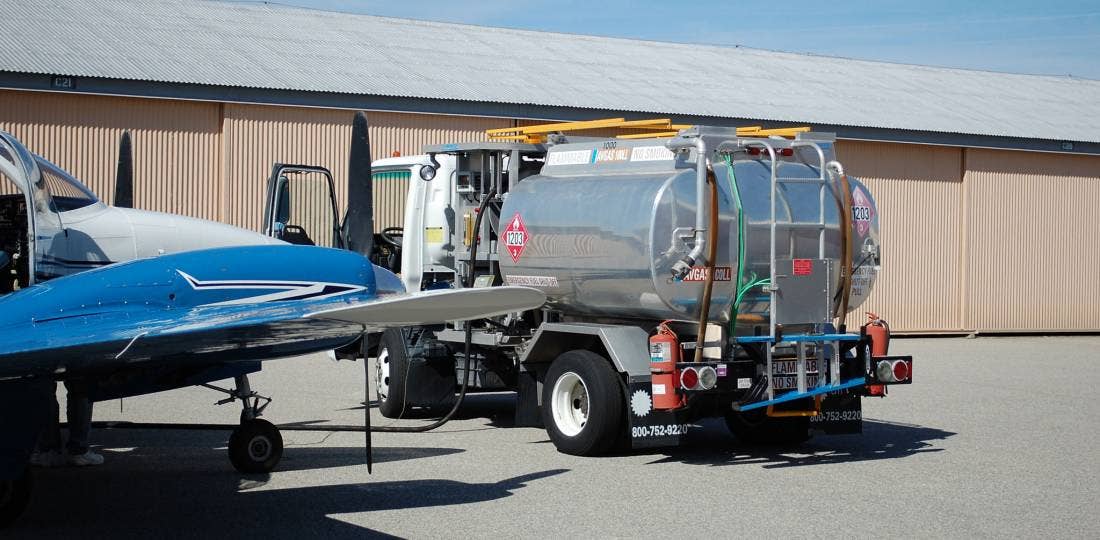‘Avgas Coalition’ Petitions DOT And FAA To Retain 100LL During Transition Period
A May 6 letter from stakeholders associated with the 110-plus-member Avgas Coalition, addressed to Department of Transportation Secretary Pete Buttigieg and Acting FAA Administrator Billy Nolen, implores the powers that…

A May 6 letter from stakeholders associated with the 110-plus-member Avgas Coalition, addressed to Department of Transportation Secretary Pete Buttigieg and Acting FAA Administrator Billy Nolen, implores the powers that be to retain the availability of low-lead 100LL aviation fuel until an orderly transition to unleaded fuel can be accomplished. Among the stakeholders, Aircraft Owners and Pilots Association (AOPA) President Mark Baker said, “The need to remove lead from aviation fuel is something everyone is behind. [However] what’s happening at Reid-Hillview Airport in California is having a chilling effect in moving forward with a safe and smart transition.”
Baker was referring to the decision by Santa Clara County in California to ban the sale of 100LL at Reid-Hillview Airport—backed by the theory that Swift Fuels’ UL94 unleaded fuel is available there. According to the coalition letter, “It is our understanding the Department of Transportation, in coordination with the Federal Aviation Administration, is currently in discussions with Santa Clara County officials to resolve longstanding noncompliance issues by the airport. We appreciate these efforts and respectfully request that any agreement include the availability of 100LL fuel at Reid-Hillview during a transition to unleaded fuel. In addition, we ask that the FAA look to expand the list of eligible aircraft approved to use unleaded avgas alternatives currently available at Reid-Hillview.”
The letter continues, “Many of the 200,000 aircraft in the current General Aviation piston fleet require higher-octane fuel to fly safely. Not having 100LL available can lead to the grounding of nearly 30 percent of the entire fleet, which accounts for 70 percent of all General Aviation fuel sales in the United States. Moreover, misfuelling can cause detonation and engine malfunction resulting in catastrophic engine failure, which typically occurs soon after takeoff. For these safety reasons alone, the FAA should apply the full force of its current authority to ensure that Reid-Hillview, and all of our nation’s public-use airports, operate in a non-discriminatory manner while we work together to transition away from lead.”
The letter concludes: “The lack of 100LL fuel at Reid-Hillview has already had a negative impact on humanitarian flights that are now unable to refuel their aircraft at the airport. Moving as quickly as possible to an unleaded future is a top priority, but this transition needs to be done safely and smartly, and without political pressure. Again, as members of the Avgas Coalition, we respectfully request the Administration’s support for ensuring the availability of high-octane fuels at Reid-Hillview, and all of our nation’s public-use airports, while we work together to remove lead from all aviation gasoline.”






